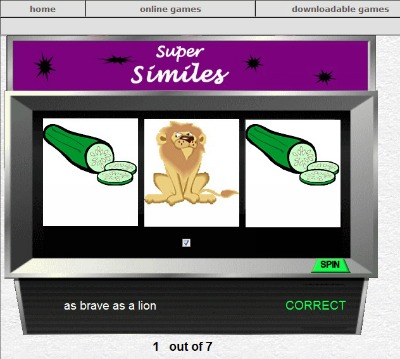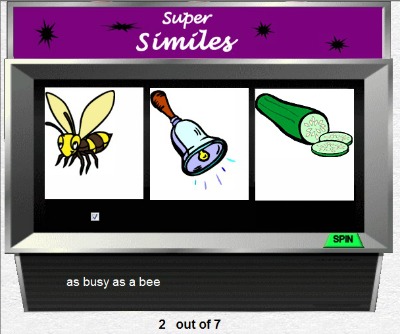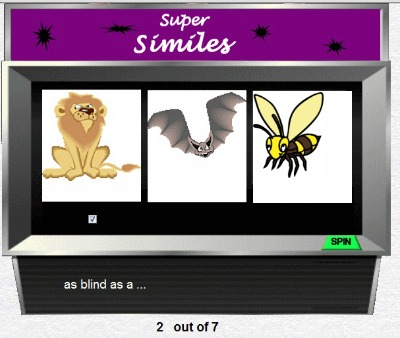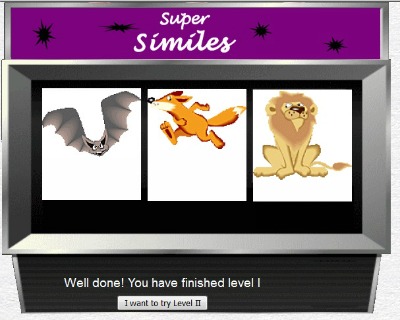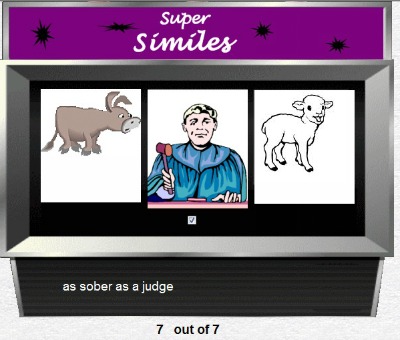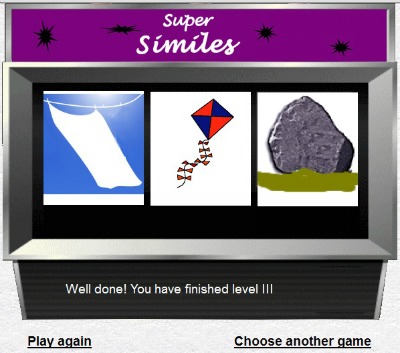| Back to Back Issues Page |
 |
|
Issue #075 -- Week 11/10/15-17/10/15 October 20, 2015 |
Hello,Greetings and General InformationA warm welcome to our new subscribers! I wish you will find My English Club fun and instructive and I look forward to welcome you as a new valued member soon. Read, learn and communicate around the world! Please feel free to contribute to these pages when you have a minute. They are meant to be a platform for exchanging ideas, stories and opinions - an ideal medium for practicing your English, which should be used to the full. Together, let's bring it alive, let's make it the welcoming community you wished for, when you joined. Use the Comments facility at the end of every page and start making friends worldwide. You and your friends can always subscribe individually through the form on My English Club . If anybody mentions to you that they are interested in receiving it, please tell them this, with thanks. Of course, you can also unsubscribe at any point, by using the link at the end of any issue of the e-zine, should you wish - no questions asked. Until I'll have the time to write my e-books from these courses, you can enjoy our past lessons for free, as follows: Grammar ~ The Four Communication ElementsSince I mentioned our past lesson about the 4 Communication Elements, I have made amends on the respective page on My English Club. You can find this lesson on the The 4 communication elements page. This will be very useful for our writing lessons in the future. Writing ~ Examples of Individuality and CircumstanceWe addressed the issues of individuality and circumstance in writing last time. I asked you to visualise the difference in language and writer’s voice, should you write to 3 different audiences. Now, let’s consider this matter in more depth today. Individuality in writing is not only related with the writer, but also with the reader. Let’s take an example from one of the classes The Arvon Foundation did in the past. The students were asked to write a piece in response to the word ‘Poppy’. One student wrote: “Mad Patsy said, he said to me, Another one wrote: In Flanders fields the poppies blow Given the same word, the same flower and we have a result at two ends of the spectrum – can you see? Now, the above demonstrates individuality in the writer, but take for example the following fact: imagine two people reading the same story, say “The Little Prince”. One will keep a box of tissues on the side, to cope with the tears and the other will discard the book altogether, for it being ‘eyewash’. A similar scene used to take place in my home as I grew up: my father and I used to shed the tears, getting emotional while watching films together whereas my mother and brother, untouched, used to nudge each other and laugh at our ‘weakness’ . Two people read a report in the paper about a bomb-throwing incident. One goes to his hidden drawer, takes out a box of grenades and rushes out of the house quite agitated. The other one puts the paper down, helps himself to another double portion of chips and switches the TV on. Therefore, when writing, we need to consider what it is we wish to put across to our readers, who ARE our readers and how could we impress them most with an adequate choice of words and individual voice. As for circumstance in writing, imagine that you’re planning to use ‘the’ four-letter word in two contexts: - a) The word is uttered in the changing-room of the losing team, after a hard match lost on a disputed penalty in the third minute of injury time. It hardly scratches the ears of any of the participants – it’s just a background noise in the air. Equally it doesn’t disturb the reader much, as such a voice is expected in such scenes. In conclusion, we need to
remember that words are explosive, they are touching the ears, minds and the spirit of those who stop to read them. However, the extent of the explosion will differ according to the individual writing/reading the piece and the circumstance outlined.
Game of the Week ~ Super SimilesToday we have an easy game, but one that will literally help you with vocabulary and a new element of style for your compare and contrast essays at school and university. It is the Super Similes game. On the first page are the game instructions: When you start the game you will see a 'slot machine'. Click the 'Spin' button on the right of the machine. As the pictures spin, a
simile
will appear at the bottom of the machine. Decide which picture finishes the simile and click the checkbox underneath that picture (if you are lucky you will get two or three of the correct picture). Then click 'Spin' again. There are three levels in this game but you will need to get all the similes correct in each level before you can move to the next one.
Here we had the expression "as brave as a" underneath the three pictures and it was only when I selected the lion that the word joined the previously unfinished expression and the "correct" result appeared automatically.
The same happened here, but now let's see what happens when you get it wrong:
The correct expression is "as blind as a bat", as many of you will know already. Oops! I have to admit that I haven't saved the verdict page, but what happened is that I got "wrong" instead of "correct", but the machine didn't offer the correct expression. I only had the chance to spin again.
OK, once the 7 similes were achieved, without any upfront score I got the chance to try the second level. This contains another set of 7 similes, but at a more elevated vocabulary level.
Then you get the choice to move on to the third level, also sporting 7 similes. Once you finish that one, you're done! Either you choose to play again to reinforce your vocabulary, or you may select another game from the same website - the Gamezone of the English Online website.
Without much more ado, it's your turn to play the Super Similes game. Enjoy! This is it for now, my friends!I hope you find this information useful and not too confusing. Even though you're at the stage of building on it, have patience at this point in your learning and you'll be able to reap the fruit of your work later on, whichever aspect of our lessons you are concentrating on. Please feel free to comment and suggest your ideas by replying to this email - I look forward to hearing from you. If you wish to chat either with me or with other members worldwide, go to My English Club . All the best from me until next time, Lucia da Vinci Founder of My English Club |
| Back to Back Issues Page |
